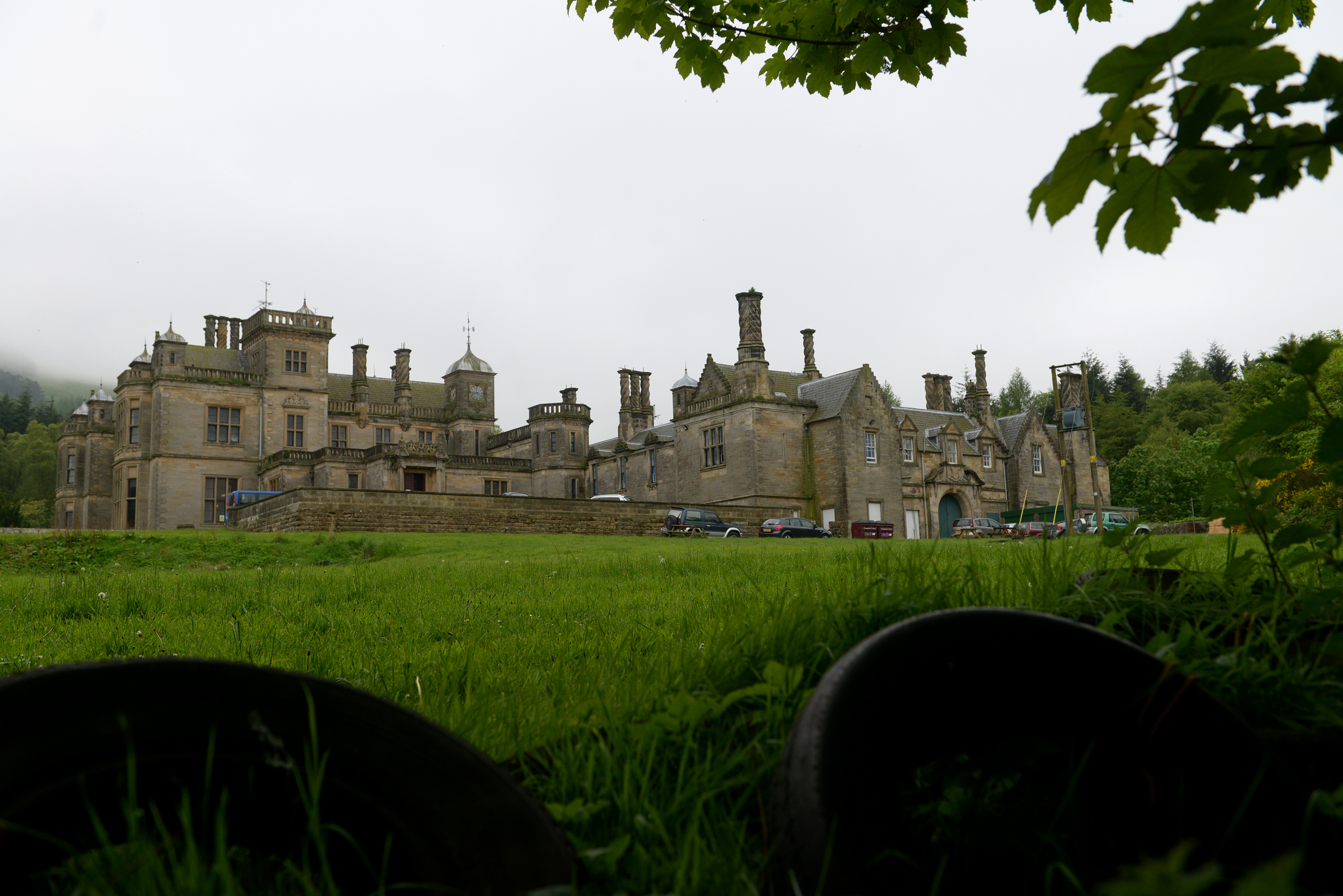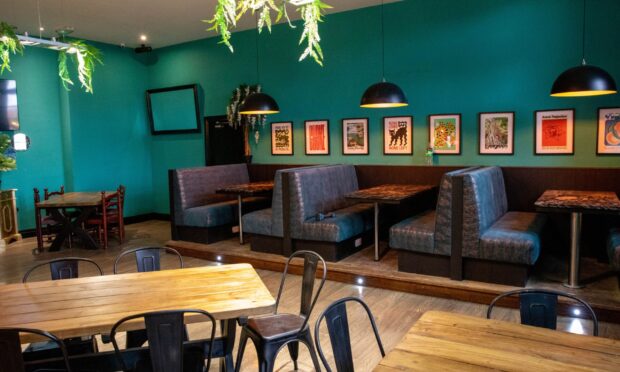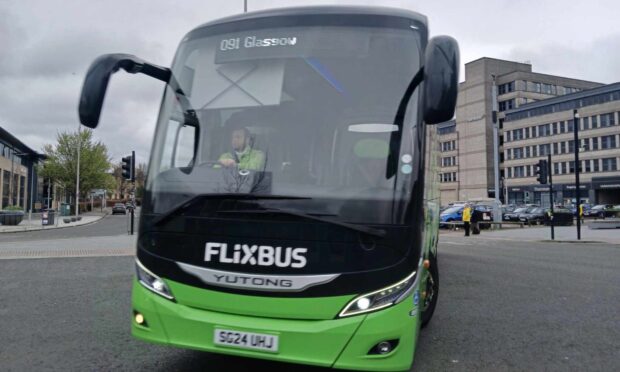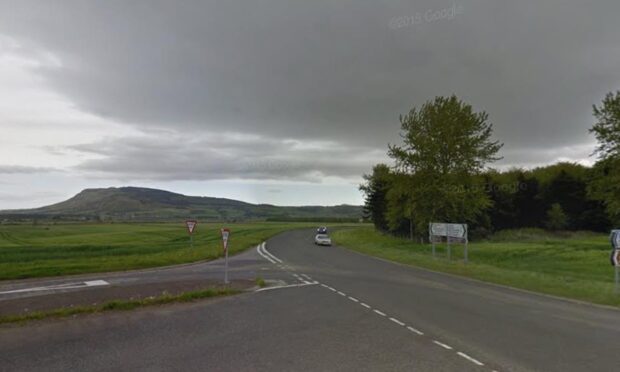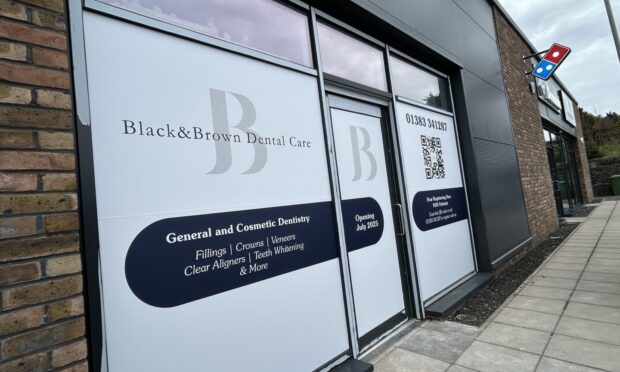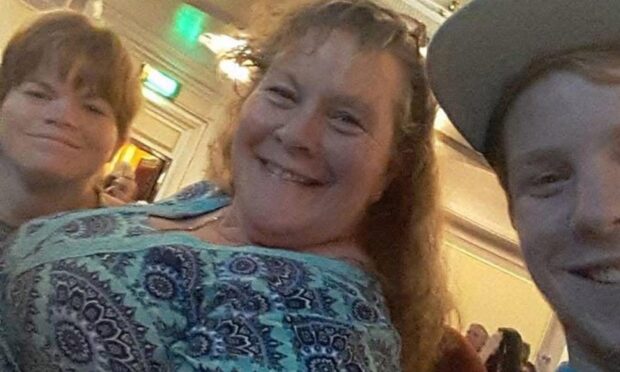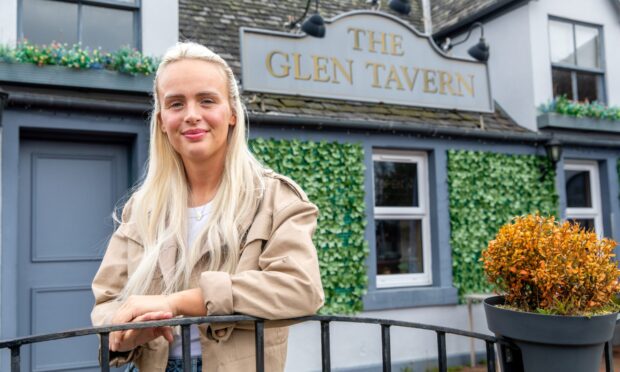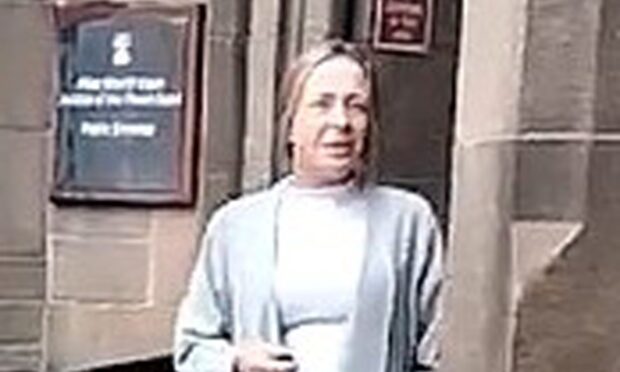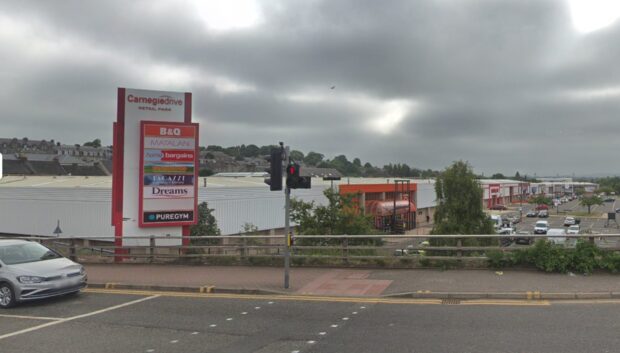The headmaster and teacher of a former Fife school for troubled boys – who were convicted of physically and sexually abusing six pupils more than 30 years ago – are to give evidence to the Scottish Child Abuse Inquiry (SCAI) from behind bars.
John Farrell and Paul Kelly – who were sentenced to five and 10 years respectively in 2016 for assaulting pupils at the former St Ninian’s School in Falkland in the late 1970s and 80s – will give evidence by video screen in mid-June and early-July, the inquiry’s senior counsel Colin MacAulay QC revealed during opening statements in Edinburgh.
The men were members of the Catholic religious order the Congregation of Christian Brothers, which ran the school.
Phase four of the ongoing Scottish Child Abuse Inquiry is expected to last for more than a month. It turned its attention to allegations of abuse at St Ninian’s when it got under way in Edinburgh on Tuesday morning.
Chaired by Lady Smith, opening statements were made on behalf of the Lord Advocate, Chief Constable of Scotland, Scottish ministers, the Bishops Conference and Christian Brothers. Witness statements from two survivors were due in the afternoon.
The inquiry heard how St Ninian’s had a “relatively short existence” from 1951 to 1983.
John Scott of INCAS (In Care Abuse Survivors) began by noting the recent publication of the SCAI report into allegations of abuse at the Sisters of Nazareth home in Kilmarnock which found that children there were subjected to sexual abuse of the “utmost depravity”.
He said that part of the inquiry had provided “vindication” to survivors, and he noted that some survivors of alleged abuse in Falkland had been transferred from other establishments.
He said INCAS encouraged any survivors who have not done so to come forward and hoped that the Christian Brotherhood congregation would find the “humility to listen and understand” over the next few weeks.
Laura-Anne Van der Westhuizen, representing Police Scotland, expressed sympathy to all child abuse survivors across Scotland on behalf of the police force.
She said some of the evidence to be heard in coming weeks related to legacy investigations by Fife Constabulary and more recent investigations by Police Scotland – including the case that led to the conviction of two members of former St Ninian’s staff.
She said Police Scotland was “committed” to the inquiry and would “learn lessons” if required.
Christine O’Neill, on behalf of Scottish Ministers, also acknowledged the “extent and range of terrible abuse” confirmed by the recently published Sisters of Nazareth case study.
David Anderson, representing the Bishops Conference, said St Ninian’s had been in the Archdiocese of St Andrews and Edinburgh.
While religious orders such as the Christian Brotherhood were independent of the archdiocese, he said there was a relationship. For example, the archdiocese may have provided ministry or pastoral care.
He noted that one former student priest with links to St Ninian’s had gone on to be convicted of abuse in Motherwell.
He said Catholic parishes had been “horrified” by abuse allegations and the Bishops Conference shared this “horror and dismay”. It is committed to confronting the past and ensuring safe environments for the future.
Alastair Duncan, representing the Christian Brothers, noted that the brotherhood had already accepted responsibility for abuse and had apologised for “reprehensible and intolerable” actions.
It saw its role in this inquiry to “assist” and would not seek to question the truthfulness of what survivors said in evidence.
They are hear to “listen and assist”, Mr Duncan said. Evidence would be considered carefully and a response would be given at the end, he added.
Noting that Mr Duncan said it was not an aim of the Christian Brotherhood to excuse abuse by comparing it with the positive experiences of others, Lady Smith noted that from other hearings in the inquiry so far, it had been possible for positive experiences to be had under the care of religious orders in a non-abusive way.
The inquiry continues.
